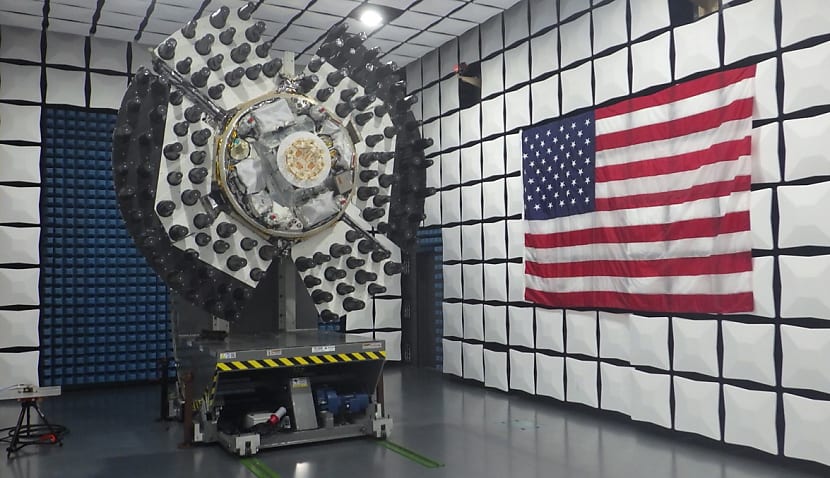The 12 August 12 flight marked the first US national security mission on a United Launch Alliance Vulcan rocket, carrying the Navigation Technology Satellite-3 (NTS-3) payload for the Department of the Air Force (DAF) and the Air Force Research Laboratory (AFRL).
“We have a strategic imperative to deliver science and technology that enables and accelerates a resilient hybrid space architecture for the space capabilities that the joint force depends on,” said Brigadier General Jason Bartolomei, AFRL Commander and DAF Technology executive officer.
NTS-3 aims to make satellite navigation more robust, secure and responsive, enhancing the resilience of systems such as GPS. The satellite is paired with a ground control system and agile user receivers, all linked by reprogrammable software. This allows for on-orbit or in-field upgrades without replacing hardware – a significant improvement over traditional GPS satellites.
“PNT is very important to safety for both military and civilian uses,” NTS-3 program manager Larry Parten said. “Pilots use those signals to land a plane safely and at the correct location. Our effort to develop more resilient navigation technology will help ensure the military is in the right place at the right time to support the mission.”
The AFRL expects the technology to have broad civilian benefits, supporting everything from banking and farming to mobile networks and air traffic control. “We rely on GPS so much, in ways we don’t always think about,” NTS-3 deputy program manager Rachel Gleichmann said.
Gleichmann added, “Making sure it’s resilient, always available and always accurate – or ‘assured’ – is extremely important.”
Designated in 2019 as one of the DAF’s three initial Vanguard programs, NTS-3 incorporates an advanced atomic clock system, a reprogrammable receiver compatible with both legacy and next-generation signals, and a signal authentication protocol designed to counter GPS spoofing.
L3Harris Technologies is the prime contractor, responsible for the design, integration and testing of the NTS-3 space vehicle, as well as supporting launch vehicle integration, control segment integration, and on-orbit operations.

